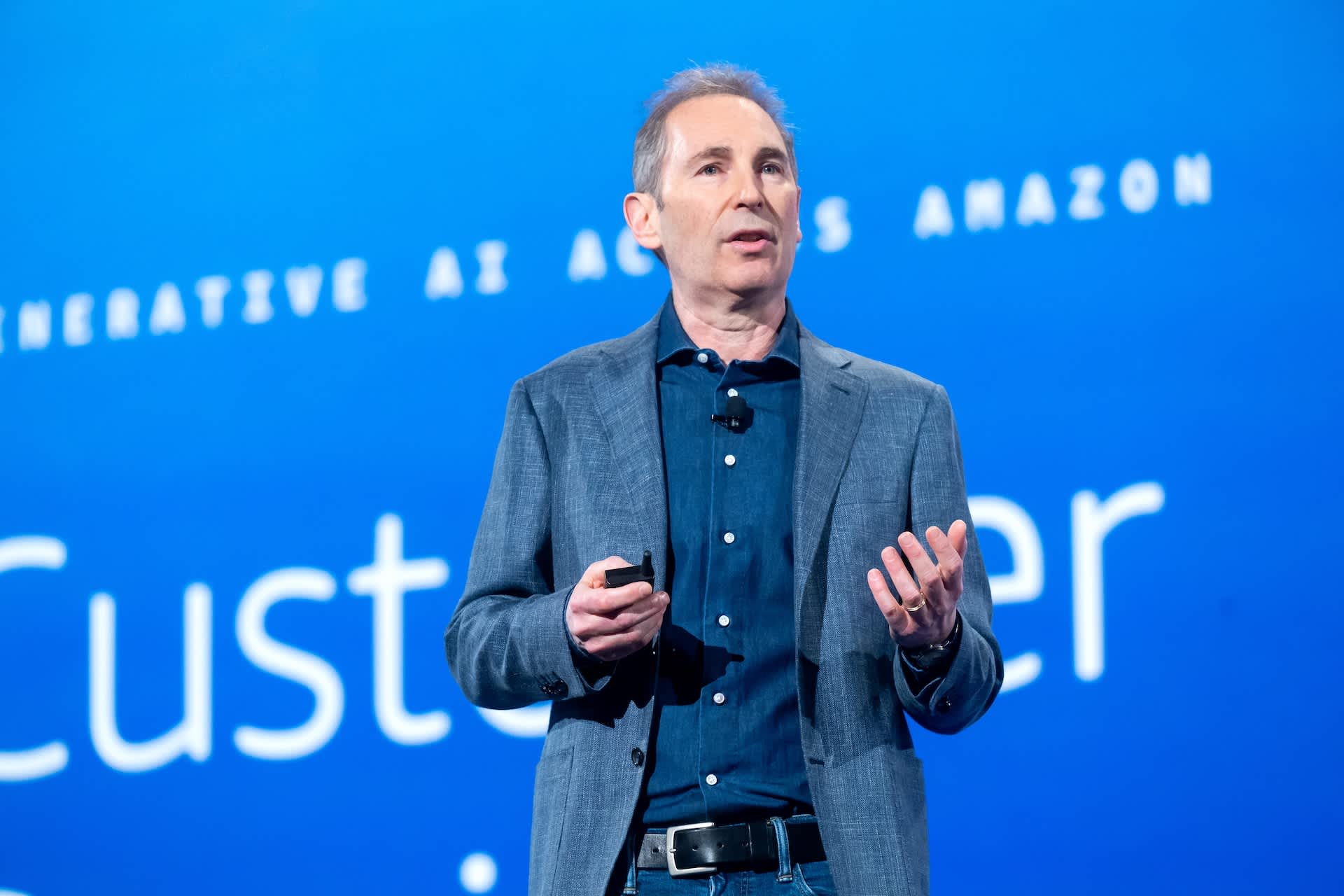Amazon CEO AI Announcement Sparks Massive Worker Backlash
Amazon's AI Revolution or Employee Nightmare?
Well, here we go again. Amazon's latest corporate announcement has the tech world buzzing – and not in a good way. The e-commerce giant's CEO recently sent out a company-wide email detailing a major shift toward generative AI that's got employees and industry observers seriously concerned about the future of work.
The announcement, which promised to "change the way our work is done," has sparked intense debate across social media platforms, with tech professionals expressing everything from disappointment to outright anger about Amazon's direction.
What Amazon's AI Push Really Means
Look, we've all seen this movie before. Companies promise that artificial intelligence will make work better, more efficient, maybe even more fulfilling. But here's the thing – the reality usually looks pretty different.
According to the leaked details, Amazon's generative AI initiative focuses heavily on automation and productivity improvements. Sounds great on paper, right? But dig a little deeper, and you'll find that "productivity improvements" often translates to "we need fewer people to do the same work."
One Reddit user, u/f-elon, captured what many are feeling: Amazon had "a very unique opportunity to completely upend the labor market by paying a fair wage to their workers." Instead, they're doubling down on technology that could potentially replace those workers entirely.
The Tech Community's Harsh Reality Check
The response from the technology community has been... let's call it brutally honest. And honestly, it's refreshing to see people calling out corporate AI hype for what it really is.
User u/ThatCantBeTrue summed up the frustration perfectly: "I love how the promise of AI isn't more equitable distribution, but rather destroying jobs, aggressive cost cutting and forcing people to become more productive to keep their jobs." Ouch. But also, fair point.
This isn't just about Amazon, though. It's about a broader trend where artificial intelligence is being positioned as a solution to corporate cost problems rather than a tool to improve working conditions or create better opportunities for employees.
Customer Service: The Canary in the Coal Mine
Here's where things get really interesting. Multiple users pointed out that customer service quality has been declining across industries – and guess what's often blamed? That's right, AI automation.
As u/qdp noted, "Customer Service across all companies been rather crap this past year or so." They mentioned how chat support has become "obvious that it's just a bot" rather than actual human assistance.
Think about it – if this is what AI-powered customer service looks like, what does that mean for other departments getting the same treatment?
The Bigger Picture: Corporate AI vs. Worker Rights
Now, I'm no expert, but this seems like a pretty clear case of corporate priorities clashing with employee welfare. Amazon's approach to AI implementation appears to prioritize cost reduction and efficiency over job security and fair compensation.
The most telling responses came from users who are actively boycotting Amazon. User u/Jaggleson declared: "I will not be buying anything from them. App deleted." When customers start walking away because of how you treat employees, that's usually a bad sign.
But here's what's really wild – Amazon could have been a leader in showing how AI can coexist with fair labor practices. Instead, they're reinforcing every negative stereotype about corporate automation.
What This Means for the Future of Work
So what does all this mean for the average worker? Well, it's complicated.
On one hand, generative AI technology genuinely has the potential to eliminate repetitive tasks and free up human workers for more creative, strategic work. On the other hand, if companies like Amazon are primarily using it as a cost-cutting tool, those "freed up" workers might just find themselves freed up from employment entirely.
The key question isn't whether AI will change how we work – it's whether companies will implement it in ways that benefit everyone or just their bottom line.
Industry-Wide Implications
Amazon's announcement isn't happening in a vacuum. Other major tech companies are making similar moves, and the pattern is pretty consistent: AI first, employee concerns second.
This raises some serious questions about the future of employment in tech-driven industries. Are we heading toward a world where human workers are increasingly seen as inefficiencies to be optimized away?
The Employee Perspective
Let's be honest – if you're an Amazon employee right now, this announcement probably feels pretty ominous. The company is essentially saying they're going to fundamentally change how work gets done, and history suggests that rarely goes well for existing workers.
The most concerning part? The lack of clarity about how these changes will affect actual jobs. When companies announce major AI initiatives without clearly addressing job security, that's usually not a good sign.
And the thing is, Amazon employees aren't just worried about their own jobs. They're concerned about setting a precedent that other companies will follow. If Amazon can successfully implement widespread AI automation without significant pushback, what's to stop every other major employer from doing the same?
Source Attribution
Source: Originally discussed by u/lurker_bee on r/technology
Read the original post: Reddit Thread
Looking Ahead
The backlash against Amazon's AI announcement reflects deeper anxieties about the future of work in an increasingly automated world. While the technology itself isn't inherently good or bad, the way companies choose to implement it will determine whether AI becomes a tool for human empowerment or corporate cost-cutting.
For now, it seems like Amazon has chosen its path – and a significant portion of the tech community isn't happy about it. Whether this public criticism will influence how the company moves forward remains to be seen.
What's clear is that the conversation about AI, employment, and corporate responsibility is far from over. In fact, it's just getting started.




